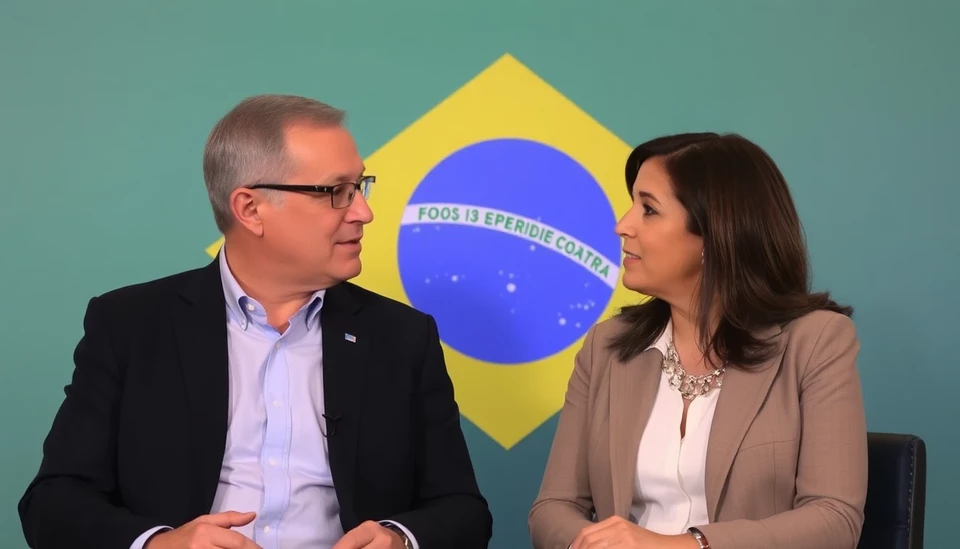
Financial analysts in Brazil are revising their forecasts regarding the country's interest rates and inflation for the year 2026, reflecting growing concerns over economic conditions. Recent insights reveal that the projected interest rate for 2026 has increased alongside rising inflation expectations, a shift that could have significant implications for investors and consumers alike.
According to the latest survey conducted by the Brazilian Central Bank, there has been a notable uptick in the expected Selic rate, which is Brazil's benchmark interest rate. Initially, many economists predicted a lower rate, considering the ongoing efforts to stabilize the economy. However, as inflation trends upward, experts are reassessing their positions, inducing an expectation of further tightening measures by the central bank.
The overall inflation forecast for 2026 has also alarmingly changed, with analysts now predicting higher inflation rates, thus indicating a potential strain on purchasing power and living costs for Brazilian citizens. This adjustment stems from multiple factors, including increasing global commodity prices and domestic issues that may impede the effectiveness of government reforms aimed at controlling price rises.
One of the main contributors to the heightened interest rate expectations includes the potential adjustments by the Monetary Policy Committee, which may prioritize stringent measures to stave off inflation. As part of these developments, experts are scrutinizing the central bank's upcoming policy actions that could influence investor sentiment and domestic consumption patterns.
Analysts suggest that the Brazilian administration must act swiftly to counteract inflationary pressures, as rising interest rates generally dampen economic growth by making borrowing more expensive for individuals and businesses. The interplay of these economic dynamics is pivotal, as the country seeks to stabilize its financial markets amidst ongoing global uncertainty.
In light of these revised forecasts, both consumers and investors are urged to stay vigilant, as future fiscal policies and global market trends will play crucial roles in shaping Brazil's economic landscape. The outlook for the next few years now appears more precarious, requiring careful navigation as the country approaches critical fiscal decisions.
As the Financial landscape in Brazil evolves, the response by the government and the central bank will be under intense scrutiny, making this a pivotal period for the nation's economy.
#Brazil #InterestRates #Inflation #Economy #FinancialForecasts #MonetaryPolicy
Author: Rachel Greene




